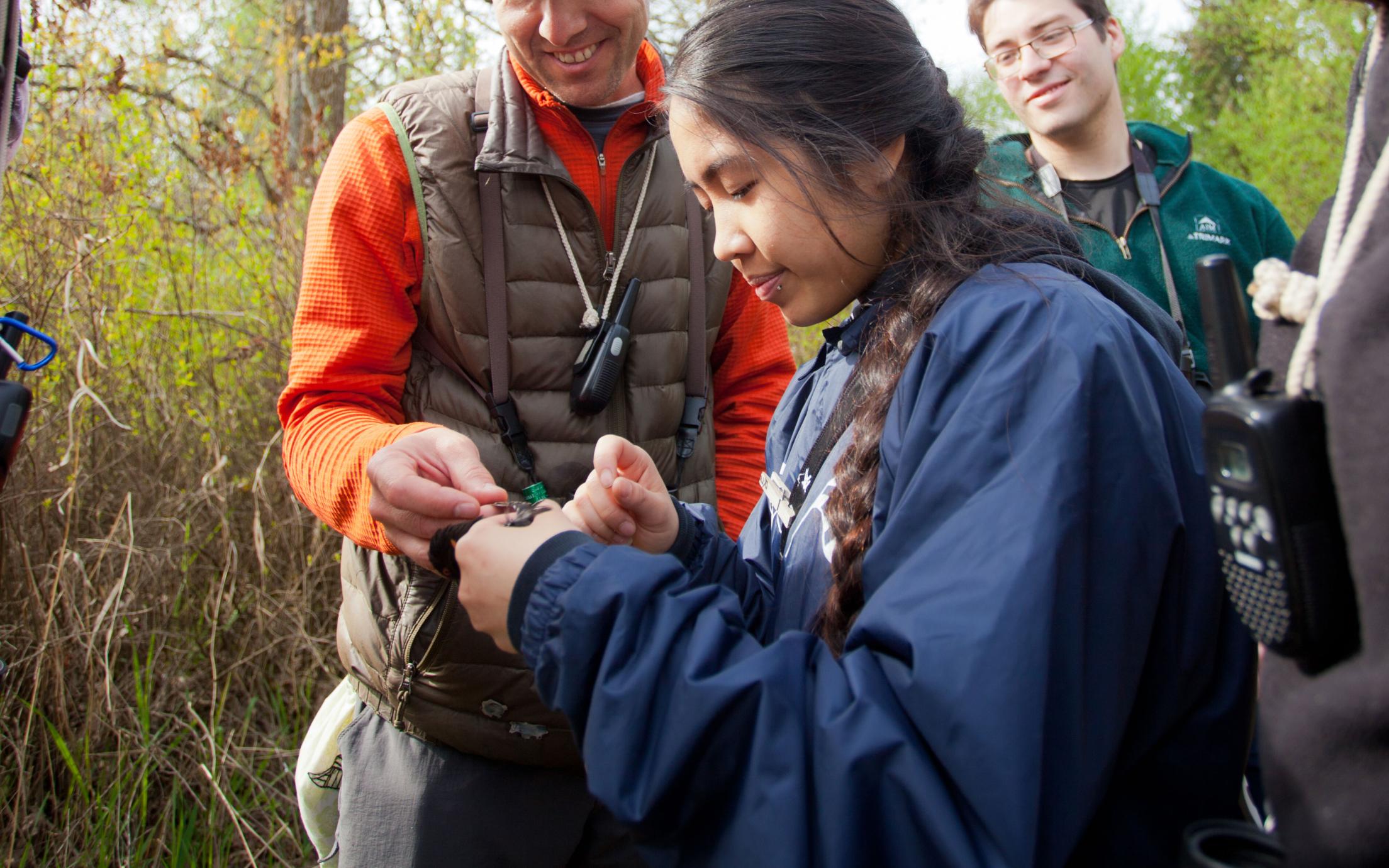The Alexandro Malaspina Research Centre, affiliated with the Liberal Studies Department, is dedicated to conducting, and developing English-language resources for the promotion of, interdisciplinary research into navigation in the 18th century and first contact between indigenous and European people on the Pacific coasts of the Americas. The Centre supports international collaboration between scholars and enthusiasts with like interests.
Recent Research Projects
General Theses from Physics: The only work published by Alexandro Malaspina during his lifetime consists of an exposition in Latin of the metaphysical basis of Newtonian physics. John Black has completed its translation into English, which will soon be uploaded to the Centre’s website.
Translation and Web Publication of Source Documents: The Centre’s web archive now contains translations of, among other documents, all the available letters of Alexandro Malaspina and historical newspaper articles about him and his expedition. The document currently being worked on is a legal transcription of Malaspina’s last will and testament.
John Black’s paper “Alexandro Malaspina’s Meditation on Beauty in Nature” – translated into Spanish by Rocío Rangel Macias and Dr. Ramón Chaverry as “La Meditación sobre lo Bello en la Naturaleza de Alexandro Malaspina” – was published in Historias Malaspinianas, eds. Andrés Galera & Víctor Peralta, in the series Estudios Americanos: Perspectivas, Consejo Superior de Investigaciones Científicas, Madrid, 2016, the final report of the historical section of the international project Malaspina 2010.
Public Events and Other Activity
Malaspina Lecture: The 2017 Malaspina Lecturer was Michael Layland, who discussed his recent book A Perfect Eden: Encounters by Early Explorers of Vancouver Island. The Malaspina Lecturer for 2018 will be Dr. Pablo Restrepo-Gautier of the Department of Hispanic and Italian Studies, University of Victoria, who will speak on Globalization in the Hispanic and Italian World.
Director: Dr. John Black
Website: Alexandro Malaspina Research Centre
